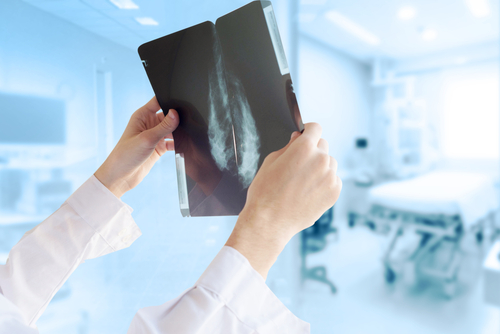How U.S. Mammogram Guidelines Are Changing

The question for many women is not if they should be screened for breast cancer, it’s when. Dr. David Ghozland, a Los Angeles-area OB/GYN, says guidelines for mammography currently recommend screening for women between the ages of 50 and 74. For younger women, the guidelines are less clear.
Experts say some guidelines have erred on the side of caution and suggested women in their 40s consider biennial mammograms. The potential downside is that women who have mammograms at a younger age increase their risk of obtaining a false positive, which leads to anxiety and more testing. It’s important to note the age-based guidelines don’t apply to women with a past history or family history of breast cancer; those women are encouraged to develop a more aggressive screening timeline by working one-on-one with their doctors.
In addition to the benefits of screening, doctors should also discuss the potential risks associated with screening itself, including false positives that can lead to:
- Additional mammograms
- Ultrasounds
- MRIs
- Biopsies
The American Cancer Society guidelines for mammograms suggest women get their first screening no later than age 45 and begin biennial screening from 55 years onward. These updated recommendations indicate a marked change from previous medical guidelines that called for middle aged women to seek screenings once a year. They also mimic current European recommendations that state women ages 50 to 69 should get screened every two years.
The updated 2016 recommendations are expected to have no effect on insurance coverage for mammographies, good news, since out of pocket costs could be a deterrent for women, putting their health at risk.
Some have criticized the new guidelines calling them “confusing.” Others say age-based variances could also cause women to delay screening longer than recommended. But, proponents say the decision of when to seek screenings can best be determine by a woman and her doctor, after considering all of her specific risk factors.
“In our Los Angeles practice, mammography screening is a very important tool in the fight against breast cancer,” says Dr. Ghozland. “It’s important that anyone scheduling a mammogram have a discussion with their doctor to determine a timeline based on their age and medical history. “
